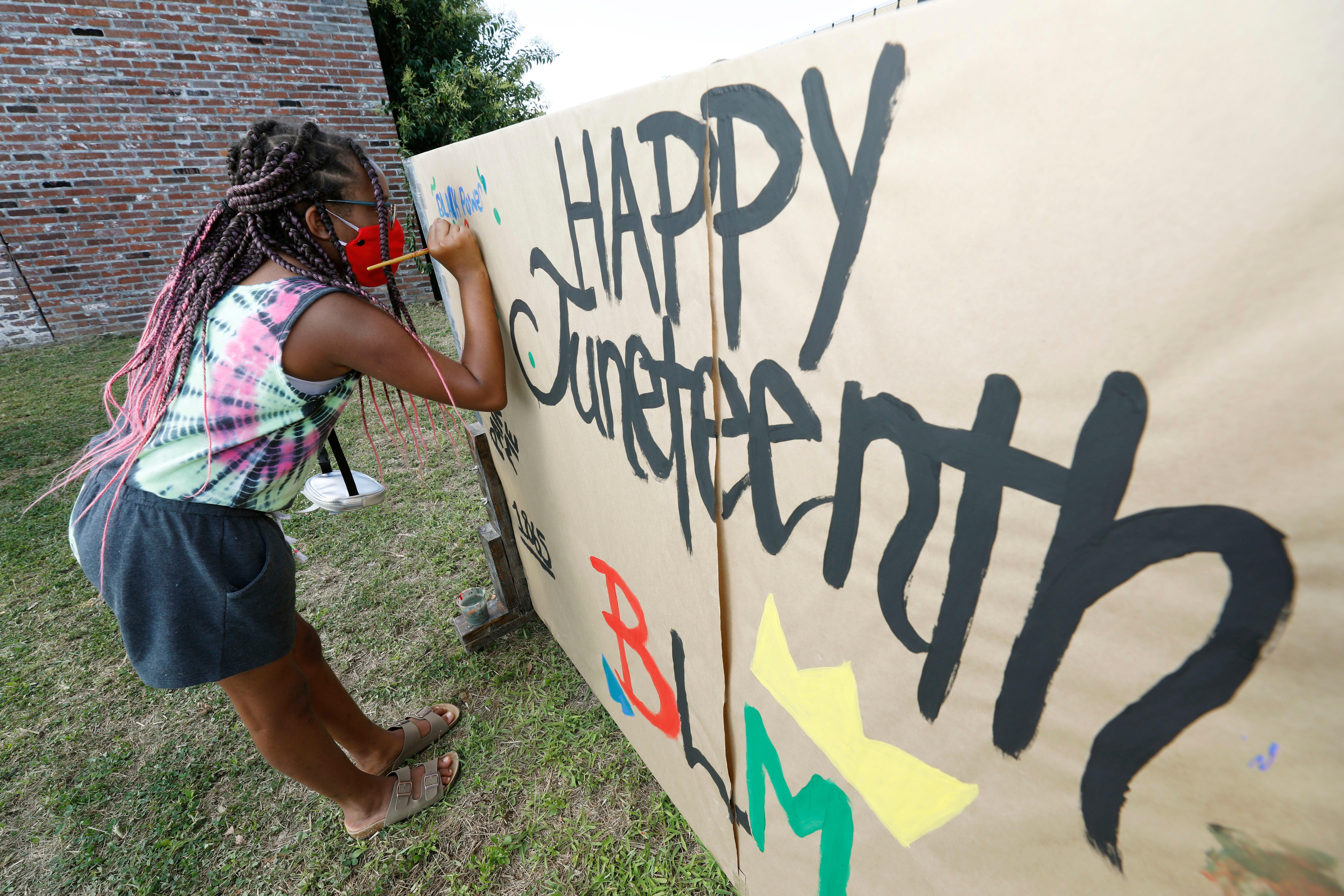Tomorrow is Juneteenth. Also known as Freedom Day, it's the oldest known celebration commemorating the end of slavery in the U.S. On June 19th, 1865, Union soldiers landed at Galveston, Texas with news that the war had ended and that the enslaved were now free.
But this was more than two years after President Lincoln signed the emancipation proclamation.
Daphne Chamberlain, associate professor of History at Tougaloo, says the celebration has evolved over the years.
"Since that time, these Juneteenth celebrations have moved just from celebrating freedom and the ability to be an individual but also to be a community of people who have come out of the institution of slavery," said Chamberlain.
"And, it has now grown around the empowerment of African Americans."
Yesterday, President Joe Biden signed a bill formally recognizing Juneteenth as a national holiday. It's the first federal holiday in nearly 40 years.
Brad Franklin, co-founder of Juneteenth on Farish Street in Jackson, says while this is some indication of change, there's much more work to be done to ensure freedom and equality for Black people in America.
"You have legislators in Texas where Juneteenth was created (and in other places) trying to ban critical race theory," said Franklin.
"So, you're giving us a 'holiday'... thank you very much for that, but at the same time you're taking away the ability for schools to teach exactly why Juneteenth exists."
Juneteenth Independence Day is the 11th federal holiday in the U.S. and the first adopted since Martin Luther King, Jr. Day.




